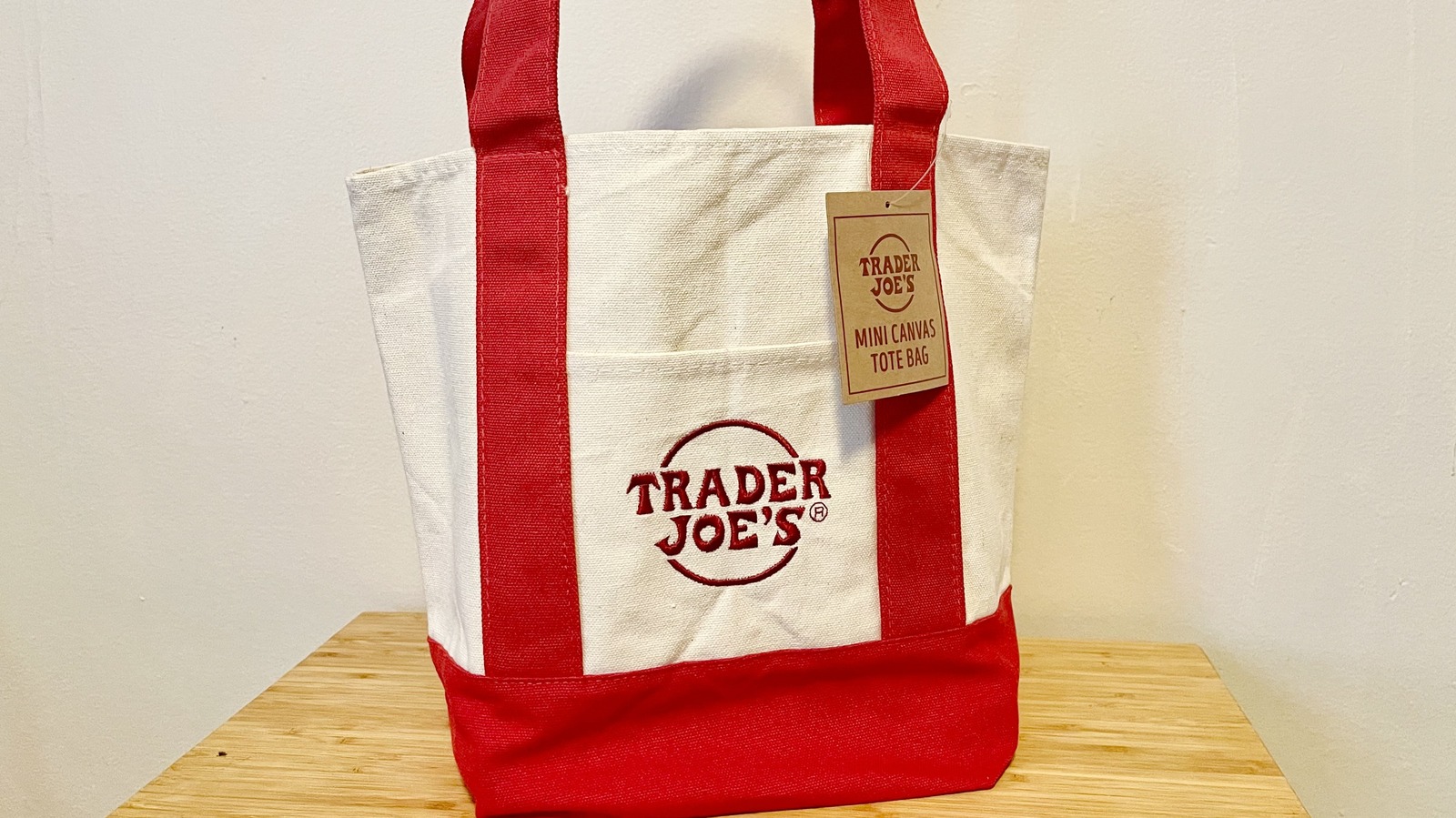
— OPINION — Boar’s Head’s deadly Listeria outbreak serves as a stark reminder that the food safety issues Upton Sinclair exposed over a century ago in “The Jungle” still persist. The impact of Sinclair’s work, which revealed the hidden dangers of food production, resonates today as modern food safety lapses, like the one at Boar’s Head, expose ongoing systemic weaknesses. In 1906, Sinclair’s novel shocked the public with vivid descriptions of unsanitary conditions in the meatpacking industry.
The revelation of contaminated and poorly handled meat led directly to the passage of the 1906 Pure Food and Drug Act and the 1906 Meat Inspection Act. While Sinclair’s focus was on the exploitation of workers, it was the food safety scandal that captured national attention, igniting sweeping reforms. A review of “The Jungle” by The London Times Literary Supplement in 1906 captures the global reaction to Sinclair’s revelations.

Despite the novel being fiction, the descriptions were so appalling that the reviewer questioned whether such content should even be made accessible to the public. What alarmed the reviewer more was the authenticity behind Sinclair’s narrative. The conclusion was clear: Sinclair’s account was grounded in reality, a fact confirmed when President Roosevelt took action to address the scandal.
The British reviewer’s words echo across time: “The things described by Mr. Sinclair happened yesterday, are happening today, and will happen tomorrow and the next day, until some Hercules comes to cleanse the filthy stable.” Despite decades of progress in food safety regulations, incidents like this ongoing Boar’s Head Listeria outbreak reveal that the underlying problems remain.
This outbreak is not just a lapse in one company’s operations; it’s a sign that the regulatory and inspection systems designed to prevent such failures can still fall short. Boar’s Head, a well-known and trusted brand established a year prior to Sinclair’s 1906 novel, was expected to uphold the highest food safety standards. Yet, this outbreak shattered public trust, illustrating that even the most reputable companies are not immune to food safety lapses.
The erosion of consumer confidence when established companies fail to maintain basic sanitation is significant. It challenges the belief that we have moved far beyond the hazards Sinclair exposed over a century ago. One key difference between 1906 and today is the speed and power of information dissemination.
When Sinclair published “The Jungle,” the shocking details took time to filter through the public consciousness and stir governmental action. Today, news about food safety failures spreads instantaneously, creating pressure for immediate action and accountability. Social media, news outlets, and consumer advocacy groups rapidly amplify food safety issues, forcing companies to respond in real time.
However, another glaring difference is that Boar’s Head had over 120 years to learn from the past. With access to advanced technology, rigorous safety protocols, and extensive regulatory guidance, companies like Boar’s Head are equipped to prevent such lapses. What is often lacking is the commitment and courage to prioritize consumer health consistently.
The recent Listeria outbreak reflects not just a technical or procedural failure but a failure of leadership and a failure of will—a missed opportunity to apply the lessons learned since Sinclair’s exposé. Boar’s Head issued a statement on September 13 that includes the same exact pages out of the corporate crisis response playbook that I have shared many times. After major food safety failures, companies always have some spokesperson or statements that point out the same three things: 1) the “food safety has always been our top priority/commitment ” type of sentiment, 2) the “we are going to put new people in charge of food safety” type of promise, and 3) the “we are going to revise our training/protocols” type of statement Boar’s Head’s statement did not come as a surprise.
“...
the company is implementing a number of enhanced food safety and quality measures, including the appointment of a new Chief Food Safety and Quality Assurance Officer (CFSO), and establishing a new Boar’s Head Food Safety Council.” One might think that this is a little too late into the game for a company that is nearly 120 years old. However, their statement also mentioned next steps creating a “new standard for food safety in the industry.
” While this sounds promising, the rest of the industry will look at this outbreak as a reminder that companies cannot afford to rely solely on regulations, market share, or past achievements to maintain food safety. Courage and proactive responsibility are needed to uphold the integrity of our food systems—a lesson that has been clear for over a century but, in this case, tragically ignored. The reference to Hercules in the London Times Literary Supplement review is fitting.
A Herculean effort is indeed required to “cleanse the filthy stable” of food safety challenges. But who will step up as this modern-day Hercules? It’s not a task for one company or individual; it’s a collective responsibility. Regulators, industry leaders, food safety professionals, and consumers must work together to create and sustain the necessary vigilance.
Boar’s Head’s outbreak shows that even with stringent regulations in place, food safety is not guaranteed. Compliance with the rules is just the baseline. True food safety requires companies to go beyond compliance, implementing rigorous internal standards, continuous monitoring, and a culture of proactive problem-solving.
It’s easy to point fingers at Boar’s Head, but the more constructive path forward is to use this incident as a learning opportunity. In 1906, the public outrage sparked by “The Jungle” led to a radical overhaul of food safety laws. Today, we have the chance to not just react, but to be proactive.
Food companies should take this outbreak as a reminder that food safety is an ongoing commitment. It is not something that can be set on autopilot; it demands constant attention, training, and investment. Boar’s Head’s failure is a wake-up call for the entire food industry.
It reminds us that history has a way of repeating itself when the lessons of the past are ignored. Just as Sinclair’s work exposed the harsh realities of food production, modern-day lapses reveal the gaps that still need to be addressed. The path to true food safety requires more than just technological advancements or regulatory compliance.
It demands courage—courage from companies to enforce strict standards, from regulators to hold violators accountable, and from consumers to demand transparency. Without this collective courage, the same issues Sinclair highlighted will continue to plague our food system, putting lives at risk. In the end, “The Jungle” wasn’t just a critique of one industry’s failures; it was a call for a Herculean effort to protect public health.
Today, more than 100 years later, that call remains relevant. Let this Boar’s Head outbreak be a turning point where the industry chooses to fully embrace its responsibility. Only by fostering a true culture of safety and transparency, we can finally answer Sinclair’s challenge and cleanse the “stable” of our food systems, ensuring safer food for all.
(To sign up for a free subscription to Food Safety News, click here).







:upscale()/2024/09/18/991/n/42301552/tmp_mGdEej_beea2403644fb4b3_GettyImages-1339047254.jpg)






